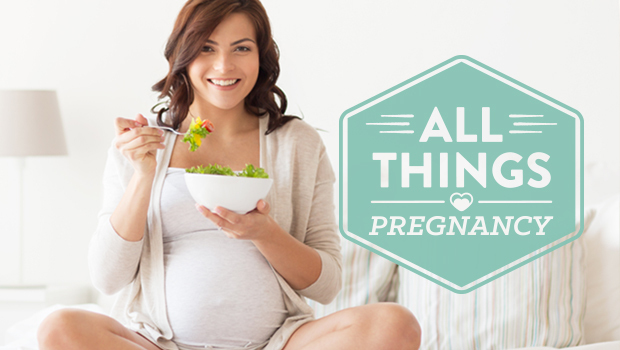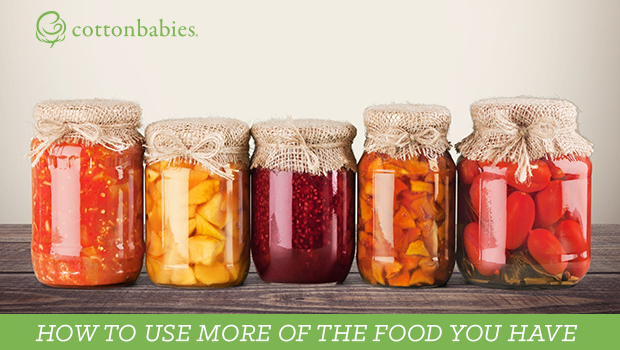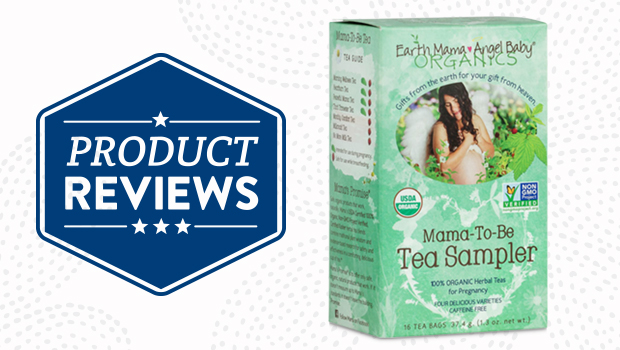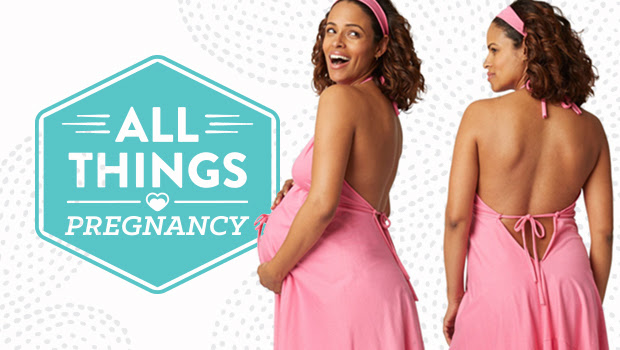
Nutrition for pregnancy actually begins months before becoming pregnant. The March of Dimes recommends that all women of childbearing age take a folic acid supplement of at least 400mcg daily. This important vitamin prevents birth defects that affect the brain and spinal cord. The maternal stores of folic acid for the three months prior to getting pregnant determine baby’s brain and spinal cord development and helps prevent NTD (neural tube defects). Once pregnant, folic acid requirements increase to 600-800 mcg daily. Folic acid is obtained through vitamin supplements, prenatal vitamins and enriched food items such as cereal, breads and grains. (1)
Folic acid is not the only nutritional preparation that a woman can make before becoming pregnant to help insure a healthy pregnancy. Iron needs during pregnancy are greatly increased as blood volume increases by more than 50%. Many women are already anemic prior to pregnancy due to menstruation and poor dietary intake of iron. It is important to “clean up” your diet before becoming pregnant. This improves overall health and helps to ease the transition into a good pregnancy diet without drastic changes.
Here are some pre-pregnancy ways to improve your diet:
- Decrease caffeine intake. Less than 200 mg daily is recommended.
- Increase your water intake. About half of your weight in ounces of water daily maintains hydration.
- Decrease artificial ingredients such as artificial sweeteners, colorings and flavorings.
- Increase your intake of whole foods in their natural state: fresh vegetables, fruits, whole grains, as well as good fat sources (olives, coconut oil, nuts, seeds, avocado).
- Decrease processed and fast foods- these have limited nutritional value and many chemicals.
- If you are diabetic, pre-diabetic or hypoglycemic- work on stabilizing your blood sugars before pregnancy.
Once you become pregnant there are some foods that are better avoided. They may have a higher likelihood of causing food borne illness or may cause other health issues (2).
- alcohol
- lunch meats, hot dogs, deli-style meats, pate/meat spreads
- fish- no more than 1-2 servings a week and be aware of fish with high mercury content
- raw/undercooked meat, poultry or seafood/fish
- soft cheeses such as Brie, feta, quest fresco, Camembert
- raw cookie dough/cake batter
- products containing raw eggs such as eggnog
- raw or undercooked sprouts
During pregnancy nutritional needs are increased to support a healthy pregnancy. Many studies have shown that a pregnant woman’s nutritional status is directly related to the health of her baby. And conversely poor nutrition during pregnancy may result in a high risk pregnancy, preterm labor, preterm birth, birth defects, maternal and fetal illness and injury, low birth weight baby, higher likelihood of cesarean section, newborn blood chemistry imbalance, breathing difficulties, poor temperature regulation, developmental delays and stillbirth.
Here are the pregnancy nutrition guidelines.(3) These are the additions to a woman’s nutritional needs to support a healthy pregnancy:
Calories: 300cal/day more than your originally recommended calorie intake, after the first trimester. There is usually no need to increase calorie intake in first trimester when the yolk sac is providing nutrition for the growing baby until the placenta is formed. The quality of calories is also important. Foods should be nutrient dense. Total calorie intake will be between 2000-3000cal/day.
Protein: 25 extra grams of protein daily. Total protein intake will be between 60-100gm/day. Good protein sources include meat, fish, eggs, beans, seeds, legumes, and poultry.
Calcium: 800mg/day. Total calcium will be between 1500-2000mg/day. Good calcium sources include dairy, spinach, broccoli, oranges, and almonds.
Folic acid: 600-800mcg/day total. Good folic acid sources include supplements, prenatal vitamins, leafy green vegetables, beans, bread, rice, and pasta.
Iron: 40mg/day. Total iron will be 60-75mg/day. Good iron sources include liver, beans, black strap molasses, artichoke, cereals, beef, and beets.
Some points to ponder:
- More is not always better: getting too much of certain nutrients is not healthy. Certain vitamins are stored in our fat and taking too high of a dose puts more strain on the liver and kidneys to process them. Vitamins A, D and E can cause birth defects in high dosages.
- Try to remember to eat twice as healthy, not twice as much. Each pregnant woman will have an appropriate weight goal for her individual needs. A woman who is underweight may need to gain 25-35 pounds during her pregnancy while a woman who is over weight or obese may only need to gain 10-15 pounds. Your health care provider should help you set an appropriate weight goal.
- Pregnancy is not the time for calorie restriction or dieting. Gaining an excess of weight is also not healthy for mother or baby and may result in complications of pregnancy, birth and with newborn health status.
- Become a label reader. Educate yourself about the foods you are eating. This not only helps you to have a healthy pregnancy but is important information to know for feeding your children. You may be surprised or shocked by some of the ingredients in the foods you eat.
Special considerations: If you have a pre-existing health condition such as hypothyroid, diabetes, high blood pressure, obesity or kidney disease, there will be some nutritional recommendations that are specific to your health issue. Talking with your health care provider about your specific needs before becoming pregnant can help you during your pregnancy to maintain a healthy status. If you follow a specific diet such as vegan or gluten-free, you may benefit from a consultation with a nutritionist to ensure you are able to get the nutrients you need. Multiple gestation pregnancies such as twins, triplets, etc. also have increased nutritional needs. Daily protein intake is increased to a range of 100-140grams with calorie intake climbing to a range of 2500-4000cal/day. Iron needs increase by 20mg/day and your health care provider may encourage you increase intake of calcium-rich foods and folic acid-enriched foods (3).
During pregnancy, every second is spent growing your baby. The foods you eat while pregnant may affect your child’s food preferences for life. The food choices you make during pregnancy may affect your short term health status and your baby’s life long health status. Learning about nutrition and eating healthy helps to ensure that you have done your part to contribute to the health of your child. Think of healthy eating as an investment in the health of yourself and your child.
Need some help remembering these nutrition tips? Click this banner below to download the free printable.
Do you have a question for the Certified Nurse Midwife that you’d like her to consider answering in a future column? Leave it in a comment below or email blogeditor@cottonbabies.com.
References:
- www.marchofdimes.org
- www.foodsafety.gov
- The Pregnancy Book, by Dr. William Sears and Martha Sears, RN. (1997)




Comments
Comments are closed here.